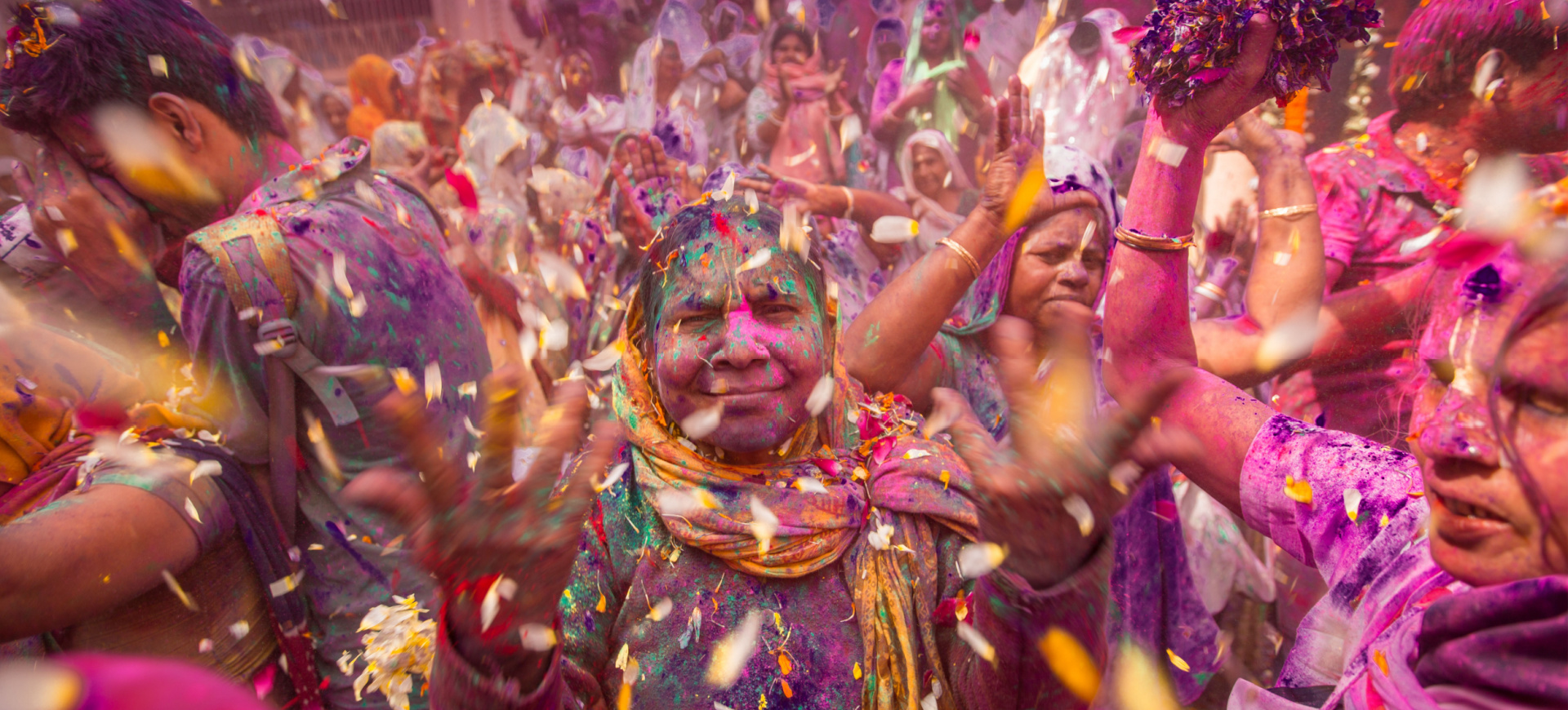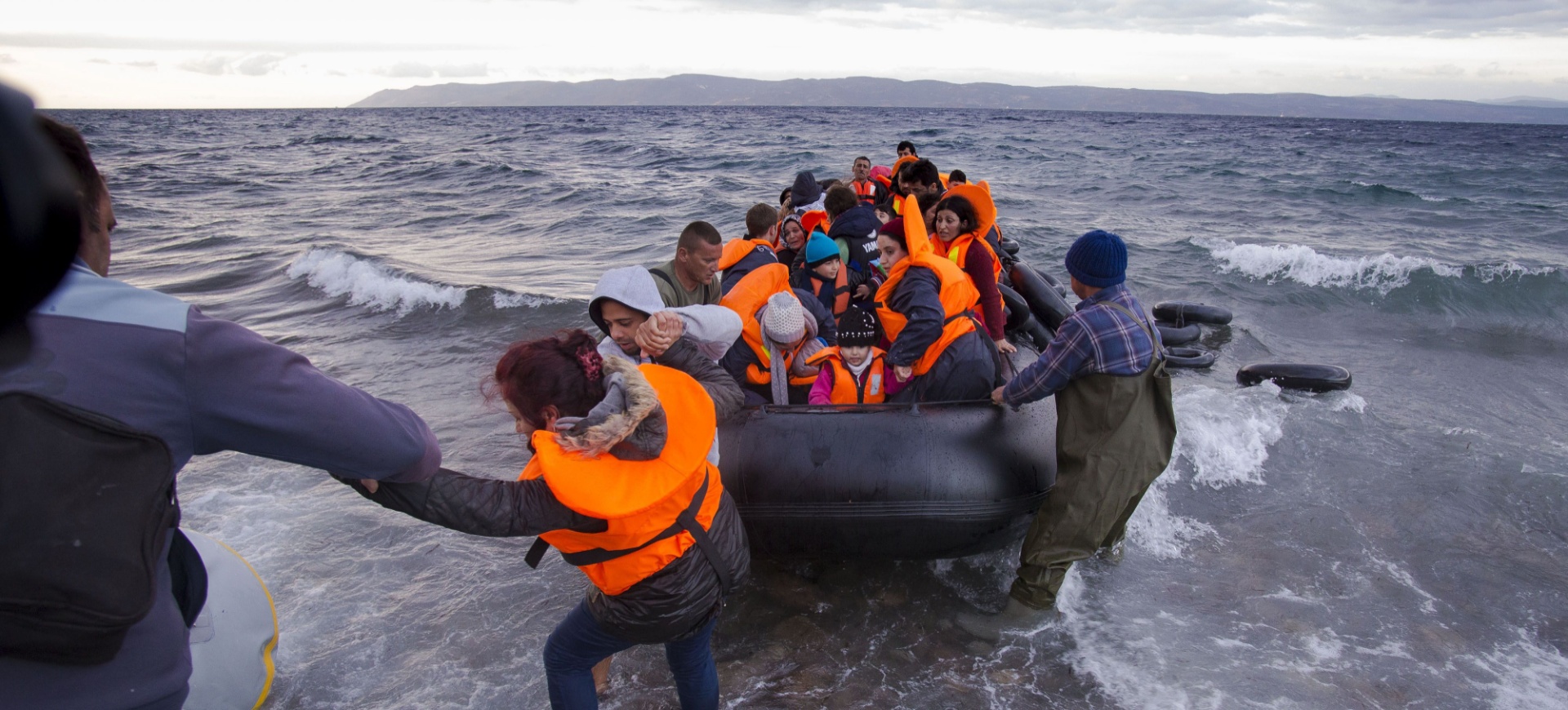Culture and sustainability, a natural combination
To accelerate sustainable and inclusive economic growth, the world need look no further than culture – a global public good with the potential to help shape a better future for all
The strong interdependence among our societies was revealed by both the devastating impact of climate change and the lightning-fast spread of Covid-19. In every facet of our societies, the pandemic revealed both weaknesses and strengths. The culture sector was among the hardest hit. At the height of the crisis, we witnessed a 70% decrease in museum attendance globally; 89% of countries experienced World Heritage site closures; and there was a 60–80% drop in royalties from concerts, venues and public performances.
Between 2019 and 2020 the gross value added by the cultural and creative industries globally contracted by $750 billion, around 1% of global gross domestic product. That represents a dramatic drop in the industries’ capacity to sustain culturally and socially valuable outcomes. The human cost is also clear, with an estimated 10 million jobs lost in the sector in 2020.
Conversely, Covid-19 exposed the impact of culture in every area of human development, from inclusion to education, from well-being to growth, from dialogue to peacebuilding. In times of crisis, and in post-conflict situations, culture and the arts give us a sense of solace, solidarity and resilience. It reconnects us with what defines us, gives us meaning and unites us.
We need a new course of action to respond to the after-effects of crisis. This will only be possible through effective and inclusive multilateralism. The G20 has included culture on its agenda since 2020, recognising the economic weight of culture and its contribution to inclusion, and opening new pathways for international cooperation through cultural diplomacy and harnessing national and local cultural resources to strengthen sustainable livelihoods. The United Nations also marked the first ever International Year of the Creative Economy for Sustainable Development in 2021.
At UNESCO’s World Conference on Cultural Policies and Sustainable Development – MONDIACULT 2022, 150 countries unanimously recognised culture as a global public good and called for a stand-alone goal on culture in the post-2030 global development agenda. As the deadline approaches for the 2030 Agenda for Sustainable Development, our common roadmap should be built on cultural capital to accelerate inclusive, transformative and sustainable development and growth.
A powerful driver of diversification
With the digital transformation shaping our economies and the opportunities for mutual enrichment being never greater, culture and other economic sectors face market deregulation, economic concentration, the digital divide and the risk of standardisation. By contrast, the Covid-19 crisis triggered innovative digital production, distribution and consumption patterns – a trend that could inspire new business models in the medium to long term.
The G20 is the appropriate arena to look at shaping economies that are stronger and more diversified, adapted to local realities and inclusive, helping to reduce North-South inequalities. It has the potential to take full ownership of culture at the heart of its focus on social and economic development. Culture can support open dialogue across regions, but despite the increasing recognition of its importance for socio-economic development – including linked to cultural tourism – and for sustaining the livelihoods of local communities, more needs to be done to fully harness its uncontested impact on the global economy. Cultural tourism is among the fastest-growing segments of the tourism industry, accounting for 40% of tourism worldwide.
Creative and cultural industries are among the fastest-growing and diversified industries in the world, worth $4.3 trillion annually and 6.1% of the global economy. They employ more people aged 15 to 29 than any other sector, and generate annual revenues of $2,250 billion and 30 million jobs – 1% of the world’s working population. They are essential for creating inclusive economic growth, diversifying economies and reducing inequalities. Their impact on job creation and decent work has been further documented through UNESCO’s 2022 Global Report on Re|Shaping Policies for Creativity.
Culture as a global public good
Culture mirrors the evolution of our societies. Across history, culture has had a universal impact on how we perceive, express ourselves, interact and broaden our horizons. It plays a crucial role in human development and building solidarity, resilience, dialogue and peace.
Over time, culture has been damaged by the forces of nature as well as at the hands of people. Intentional destruction of culture is a way of erasing whole swathes of history, undermining coexistence between communities, jeopardising the present and future of communities. Infringing upon cultures is an affront to human rights and fundamental freedoms. Culture cannot be detached from the respect and full exercise of human rights, for it provides the seeds of human dignity and social justice. UNESCO’s commitment towards the recovery of Mosul in Iraq and Beirut in Lebanon focuses on reviving cultural and intellectual life by giving communities the means to recreate their social fabric.
The recent fires at Brazil’s National Museum and Notre-Dame Cathedral in Paris, and the unprecedented floods in Pakistan, have aroused global public interest in protecting heritage. In these emblematic places, the loss is economic and deeply social. Culture creates meaning for our shared humanity. It speaks to the stability and harmony of our societies. Each of these tragic events reminds us of the inestimable richness of our heritage and the knowledge and skills at the heart of the values and identity markers of our communities. They also remind us of the threats that endanger culture, including climate change. Under current emissions scenarios, 60% of UNESCO World Heritage glaciers and most World Heritage coral reef sites may disappear by 2100.
Today, with new challenges raising fundamental questions about how to rethink the future, we need to mobilise our creative energies and collective intelligence in all policies to inform our future action and make culture the bedrock of development and a global public good for the benefit of all. There cannot be peace, security and stability without fully respecting culture, in its rich diversity.











